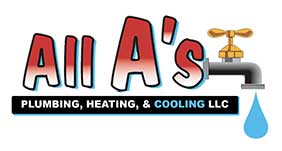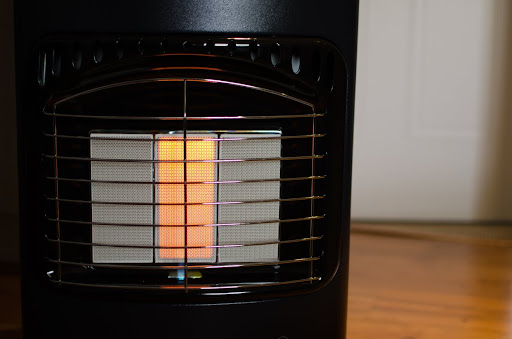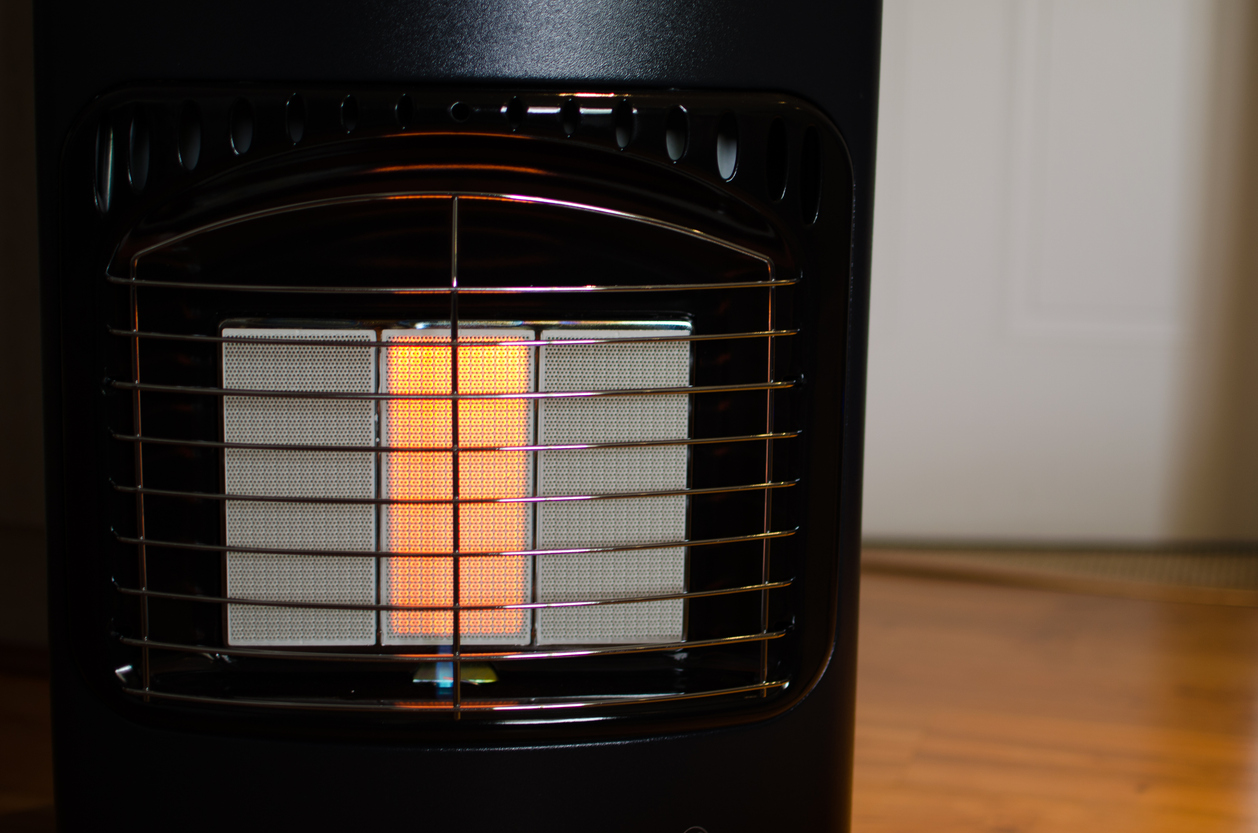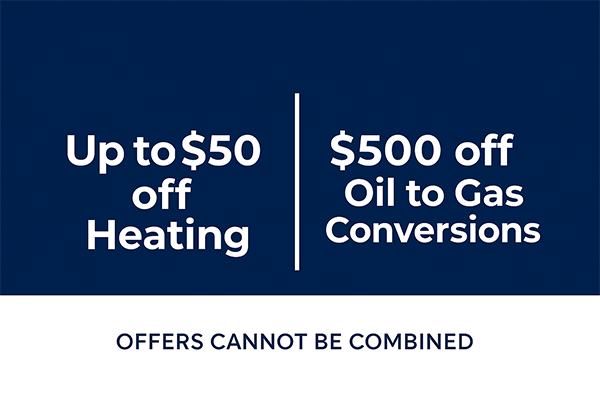With energy efficiency and sustainability becoming top priorities for homeowners, many are seeking smarter ways to heat their homes. One major shift is the move from oil heating systems to natural gas. This upgrade can reduce energy bills, improve safety, and contribute to a cleaner environment. Understanding the process and advantages of an oil to gas conversion is key if you’re considering this transition.
Environmental Benefits of Switching to Gas
Natural gas burns much cleaner than heating oil, producing fewer pollutants and greenhouse gases. By converting, homeowners can significantly reduce their carbon footprint. Gas systems also operate more efficiently, requiring less fuel to heat your home, which lowers both energy use and the environmental impact tied to extracting, refining, and transporting oil.
Cost Savings and Efficiency Gains
One of the biggest advantages of switching to gas is cost savings. Natural gas is generally less expensive than heating oil, and modern gas furnaces and boilers often have higher efficiency ratings. This translates to lower monthly utility bills. In addition, natural gas systems typically require less maintenance, experience fewer breakdowns, and last longer than oil-based systems, further increasing long-term savings.
Safety and Reliability
Safety is another strong factor in favor of natural gas. Gas heating systems include modern safety features and emit fewer harmful emissions, which improves indoor air quality. With a direct gas line supply, homeowners avoid the risks and hassles of storing oil on their property. Plus, reliable delivery through utility lines means no waiting for fuel deliveries during peak heating season.
Steps to Convert from Oil to Gas Heating
Converting to gas involves several important steps:
-
System evaluation – A professional assesses your current heating setup and determines what changes are needed.
-
Permit acquisition – Local permits and approvals are secured before work begins.
-
Oil system removal – The existing oil tank and equipment are safely decommissioned and removed.
-
Gas line installation – A new natural gas line is installed or connected to your home.
-
New system installation – The gas furnace or boiler is installed, tested, and calibrated for efficiency and safety.
Though the process may seem complex, working with licensed professionals ensures everything is handled safely and efficiently.
Make the Switch with Confidence
Switching from oil to gas heating delivers long-term savings, improved safety, and a reduced environmental impact. With proper planning and expert help, the conversion process can be straightforward and stress-free.
Ready to Convert to Gas? Contact All A’s Plumbing and Heating
If you live in Randolph, NJ, or the surrounding areas and are considering an oil to gas conversion, All A’s Plumbing and Heating can help. Our skilled team specializes in safe, efficient conversions and will guide you through every step of the process. Call us at 973.252.6233 or fill out our online form today to schedule your consultation and take the next step toward an efficient, eco-friendly heating solution.




Recent Comments